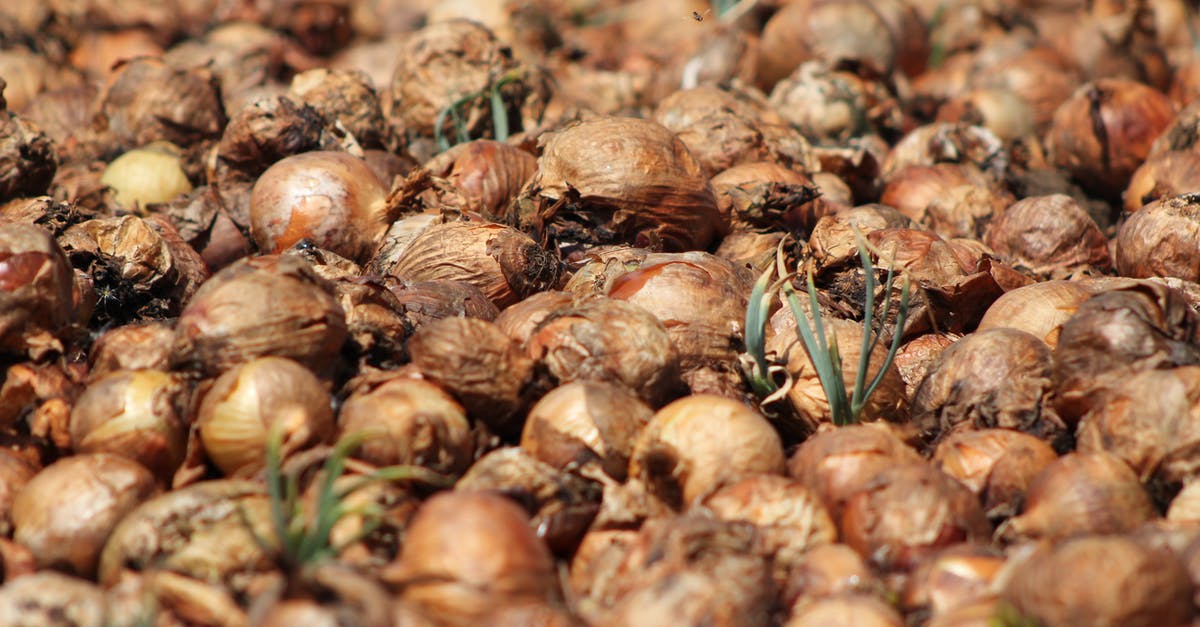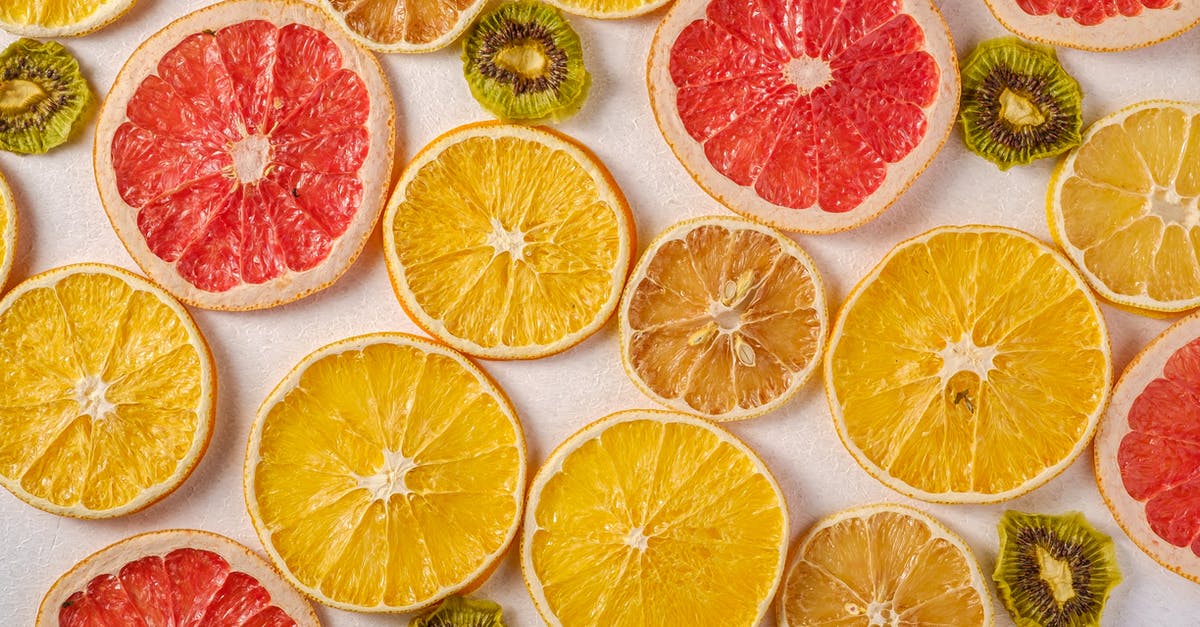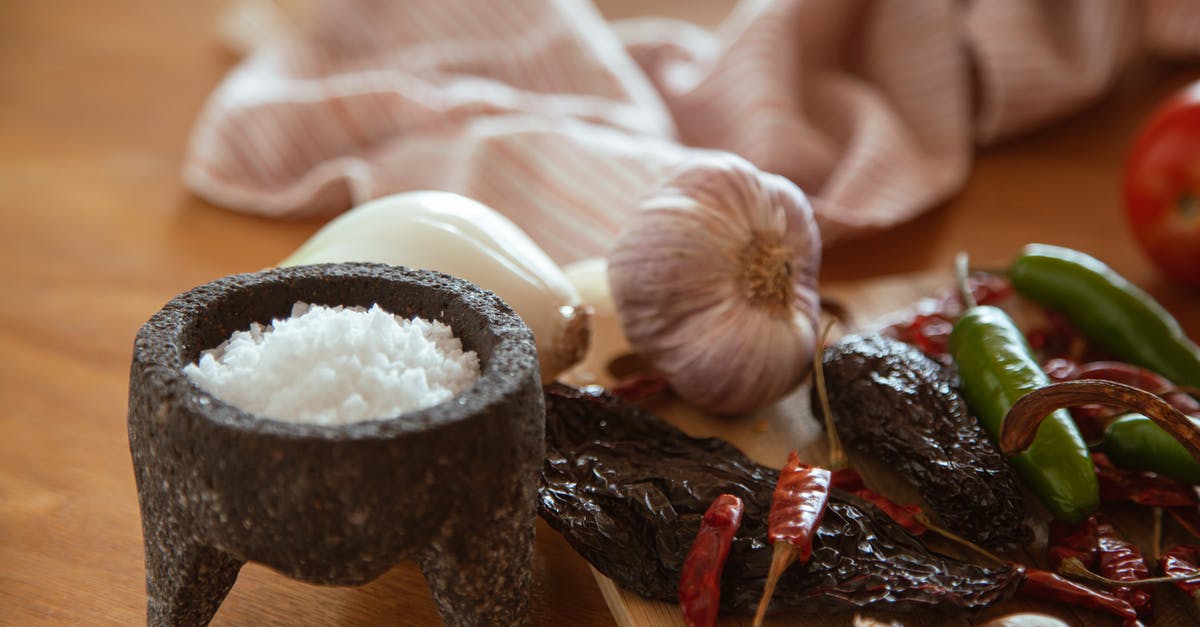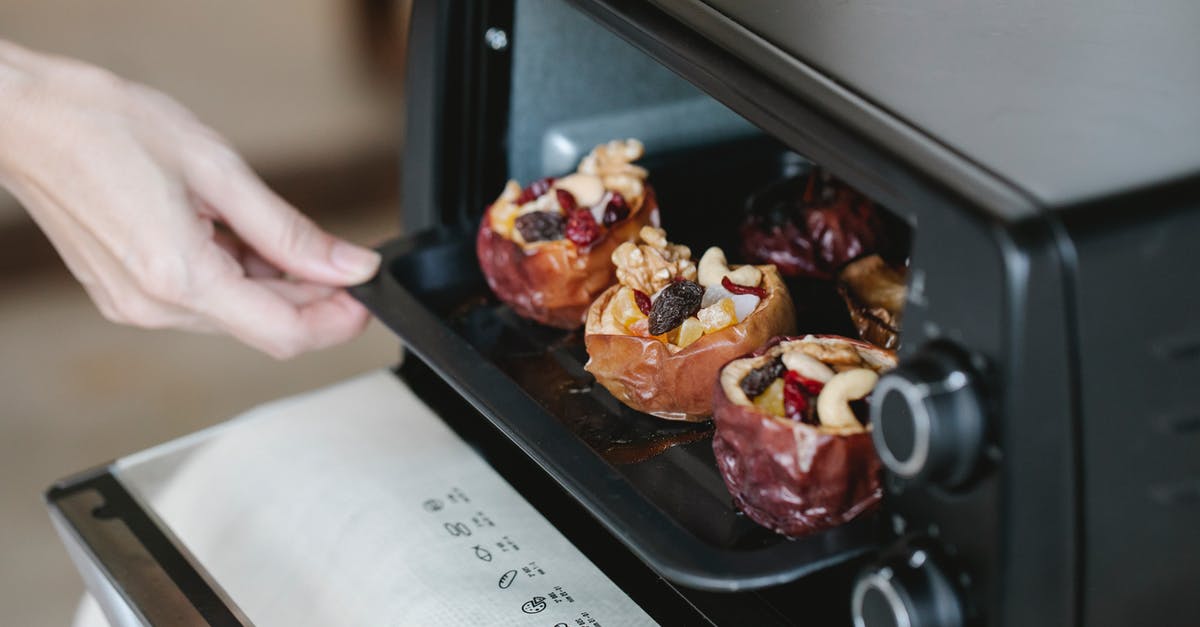Why are my caramelized onions dried out?

I've tried a few different methods of caramelizing onions - several combinations of butter, olive oil, medium heat, low heat, occasional/constant stirring. It seems that no matter what I do, they dry up and turn crispy as they brown. The flavor is there, but the texture is more like onion straws than the soft, juicy onions I'm trying to make. Am I cooking too long? Not stirring enough? I'm sure it's something simple I've just missed.
I am aware of this question. I've followed similar techniques, I'm just not getting the results I'm looking for. I hope that's enough to constitute another question.
Best Answer
Without seeing the result and knowing your exact technique, my best guess is that you're not using enough liquid, or that you're using heat that's too high. High heat will essentially fry the onions, like you would expect by dropping chicken or potatoes into a pan full of hot oil.
Properly caramelized onions should take at least 20 to 30 minutes, I try to go for an hour whenever time permits. I actually stir as little as I can without allowing them to sit long enough to burn. Over-stirring shouldn't be a problem; under-stirring may be.
To start, you want the bottom of the pan to be covered with a thin layer of oil, and then make sure you stir the onions very well to coat them completely right after you toss them in. Begin with the pan on medium-high heat to get the oil up to temperature, once it ripples and you put the onions in you can lower it quite a bit. I rarely put it above 5 (out of 10, glass-top stove), and if I see things going crispy, I'll often drop it to 4. I'd rather take more time and have softer onions.
Are you adding any liquid along the way? Sometime, when doing large batches, 15 minutes in I find that I don't have enough oil in the pan, and I can see them starting to crisp up a bit more than I'd like. When that happens, lower the heat a notch, and add a touch more oil (or, as I prefer, a cube of homemade stock) to the pan. It'll take some practice, but eventually you'll be able to know how much liquid to use instinctively. The reason I prefer stock for my "second add" is because I know the stock will evaporate off, as mentioned in the question you linked to, you don't want to be pouring off flavor at the end of the cooking time, so evaporation is a good thing!
If you're using cast iron, I recommend trying stainless steel, I get much better results with the latter than the former. I'd guess that it's because I can dynamically regulate the temperature better with the stainless steel - with cast iron, once you realize you're at too high of a temperature, it's hard to lower it quickly.
If you need a step by step guide to start you off until you get a feel for everything, there is a great guide here and another here. The difference is that one recommends 1 teaspoon of oil per onion; the other uses 3 tablespoons per onion. I find that for my kitchen, it's somewhere in the middle (I just eyeball so I can't give you an exact number, unfortunately) - but if you try both methods on your stovetop you should be able to use that data to determine the right amount for you.
Pictures about "Why are my caramelized onions dried out?"



Quick Answer about "Why are my caramelized onions dried out?"
If you have enough oil, then as you fry the onions they will get dry and crispy, but you should have seen the nice juicy stage before that. Our guess then is that your are using too little oil. For 280g of chopped onions use 2 tablespoons of oil. It takes close to 15 minutes to get the caramel color.Are caramelized onions dry?
They are dried within days of harvesting, and the flavor is s caramelized and savory, it's hard to believe that the only ingredient is onions \u2014 but it is!Why are my caramelized onions crunchy?
You're not saut\xe9ing your onions\u2014you're trying to slowly coax flavor out of them. It takes time, probably a solid 45 minutes, for the onions' sugars to caramelize. If your heat is too high, the onions will burn.Can you overcook caramelized onions?
While butter imparts a fantastic flavor in your caramelized onions, it also has a very low smoke point, which means that it can scorch or burn over heat. This can make the onions take on a toasty-looking brown hue and give a false indication of doneness.Should you cover onions when caramelizing?
It can take up to 40 minutes for the onions to become deeply browned, but the result is worth every minute. Covering the skillet at the beginning helps the onions to soften and release their liquid, then slowly cooking them uncovered makes them meltingly soft and sweet.More answers regarding why are my caramelized onions dried out?
Answer 2
I once had this problem and solved it by slicing my onions a bit thicker.
I've tried caramelizing in the oven with good results. If you want to try that, just put some parchment paper down on a baking tray and scatter your sliced onions evenly and sprinkle with salt and olive oil. I don't remember the exact temperature I used, but one online source suggests 425 degrees F. That was way higher than what I used. Sucrose and glucose caramelize at 320F, so I would try somewhere in between, say 320F and 400F. Move the onions around from time to time and have a quick taste each time you do that to see if they are reaching the sweet spot. This will take at least an hour.
Answer 3
I've asked my wife who does this often. If you have enough oil, then as you fry the onions they will get dry and crispy, but you should have seen the nice juicy stage before that. Our guess then is that your are using too little oil. For 280g of chopped onions use 2 tablespoons of oil. It takes close to 15 minutes to get the caramel color.
Sources: Stack Exchange - This article follows the attribution requirements of Stack Exchange and is licensed under CC BY-SA 3.0.
Images: Alistair Mockett, Rodion Kutsaiev, Los Muertos Crew, Tim Douglas
